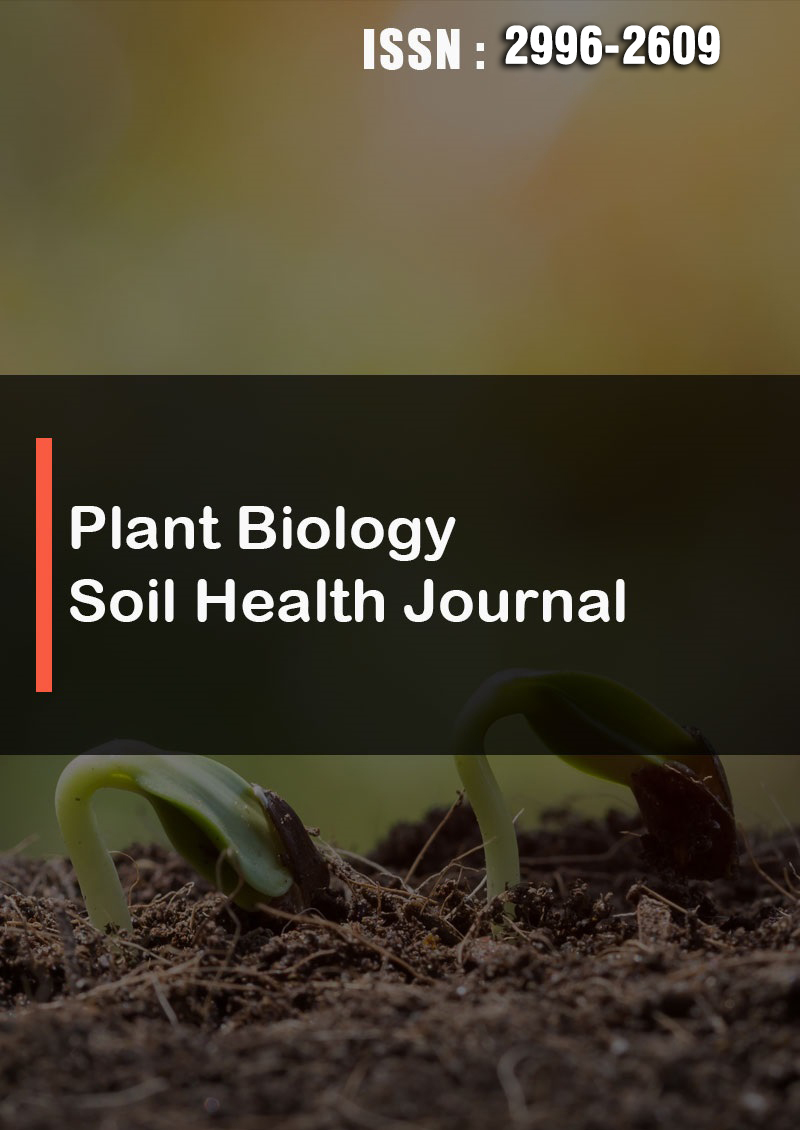Systematic Review on Effectiveness of Exclosure for Degraded Soil Restoration in Northern Ethiopia
Abstract
Tesfaye Lishan
Soil degradation is a global problem generally and particularly in Ethiopia. As a response to land degradation mostly in the northern part of Ethiopia, the government and community promoted rehabilitation of degraded lands through area exclosures (EXs) three decades ago. Generally, EX is the most powerful mechanism to regenerate the vegetation biomass and other natural resources such as soil fertility, water table, and biodiversity e.tc following the vegetation restoration. The objective of this review is to review kinds of literature and determine the effectiveness of EXs to restore degraded soil and improve fertility. Higher SOM, av. P, TN and OC accumulate in EXs than GLs. Soil fertility is higher in the mild zone of EXs than the cool zone. The younger EX has a higher ground cover as it is dominated by grass and herbaceous and older EXs has higher canopy cover and lower ground cover; the ground and canopy cover enable EXs to prevent erosion and restore soil fertility. Degraded soil can be restored through EXs establishment.



